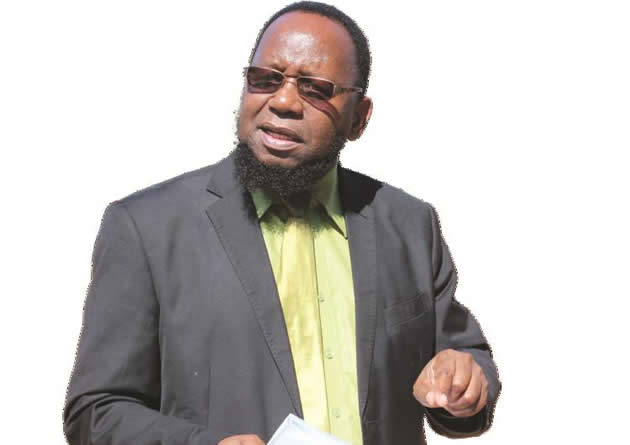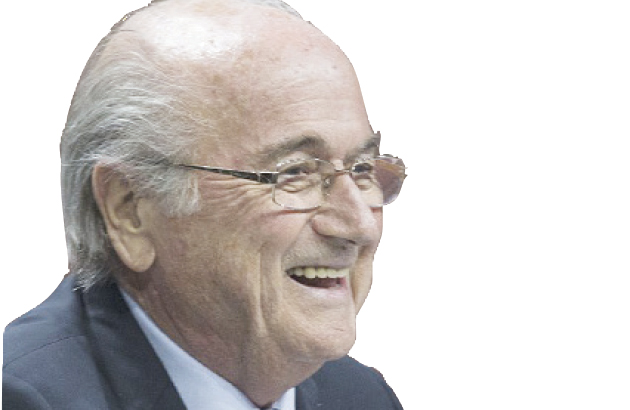New education curriculum to reduce subjects

 Mashudu Netsianda Senior Reporter
Mashudu Netsianda Senior Reporter
PRIMARY and Secondary Education Minister, Lazarus Dokora says the new education curriculum will ease the workload on teachers as it will reduce the number of subjects being taught at primary and early childhood development (ECD) classes.
Speaking during a handover ceremony of 11 computers donated to Sipepa High School by Information, Media and Broadcasting Services Minister, Professor Jonathan Moyo, Dokora said the reduction of subjects at primary and ECD levels would also provide teachers with enough time to focus on their respective subject disciplines.
“The new curriculum will reduce the number of subjects in the primary school curriculum from the 17 subject area to seven for the ECD and for grades three to seven the subjects will be reduced from 16 to nine. This will enable teachers to have adequate time to go deeper into their subject discipline,” he said.
Dokora said the government had also secured partners for a joint venture to build more schools and rehabilitate existing ones as part of efforts to strengthen the country’s education system.
“We need to build more schools, classrooms and laboratories. We’ve committed ourselves before Cabinet that we’ll do joint ventures and we were given the green light,” he said.
“We now have four serious partners who said they will give us money upfront. After three to five years we’ll be required to service those loans at a low cost interest,” said the minister.
He said the new curriculum would ensure quality indicators are put in place.
“The infrastructure is part and parcel of the aspect of quality indicators. Teachers’ houses, classrooms and laboratories are part of what the school entails. We’re now saying let’s look at our country and say in each district how many new schools can be delivered and how many can be rehabilitated so that we shorten the distance that children travel to school,” said Dokora.
He said maintaining educational services closer to people was one of President Robert Mugabe’s legacies.
“It’s one of the legacies of President Mugabe to say we must maintain the services of education close to people, affordable and of good quality,” said Dokora.
He said the government had also launched a scheme to train teachers to enhance their teaching skills.
The minister reiterated that no child should be expelled from school for non-payment of levies, saying the government was working towards reforming the regulatory aspect of school levying.
He said the new curriculum prioritises ICT as a key enabler to modern learning in the new educational dispensation.
The Ministry of Primary and Secondary Education embarked on the curriculum review in October last year and it is expected to include academic, vocational and technical training.
“No child can leave school and believe they’re educated when they’ve no literacy in ICT. It’s important to make sure that both the young and old are able to access computers located in schools. Every school is now a community learning centre,” said Dokora.
The minister also handed over textbooks and a laptop donated by E-Learning Solutions to the school.
Prof Moyo said the computers, which he procured, had internet connectivity and would help pupils broaden their knowledge of ICT.
“What we’ve sourced for them are CPUs and computers that’ve internet connectivity which they didn’t have. Not only are they now going to be able to learn how to use computers, but will also be able to access the internet and use it for learning purposes. They’re now part of the global village from an educational point of view as they can access learning material,” said Prof Moyo.
He said the programme to equip schools with computers was started by President Mugabe way back when he donated computers to all schools in the country.
“We must remember that this is a programme that His Excellency started sometime ago to set up ICT learning centres, equipping high schools with computers and particularly enabling them to have internet access.
“As a matter of fact here in Tsholotsho we believe that every school as a learning centre must have to begin with computers, but for those computers to be useful, they must have internet access in as much as we believe that they must also have a borehole. We think that a school in Tsholotsho to be meaningful must have access to water and access to the internet,” said Prof Moyo.










Comments